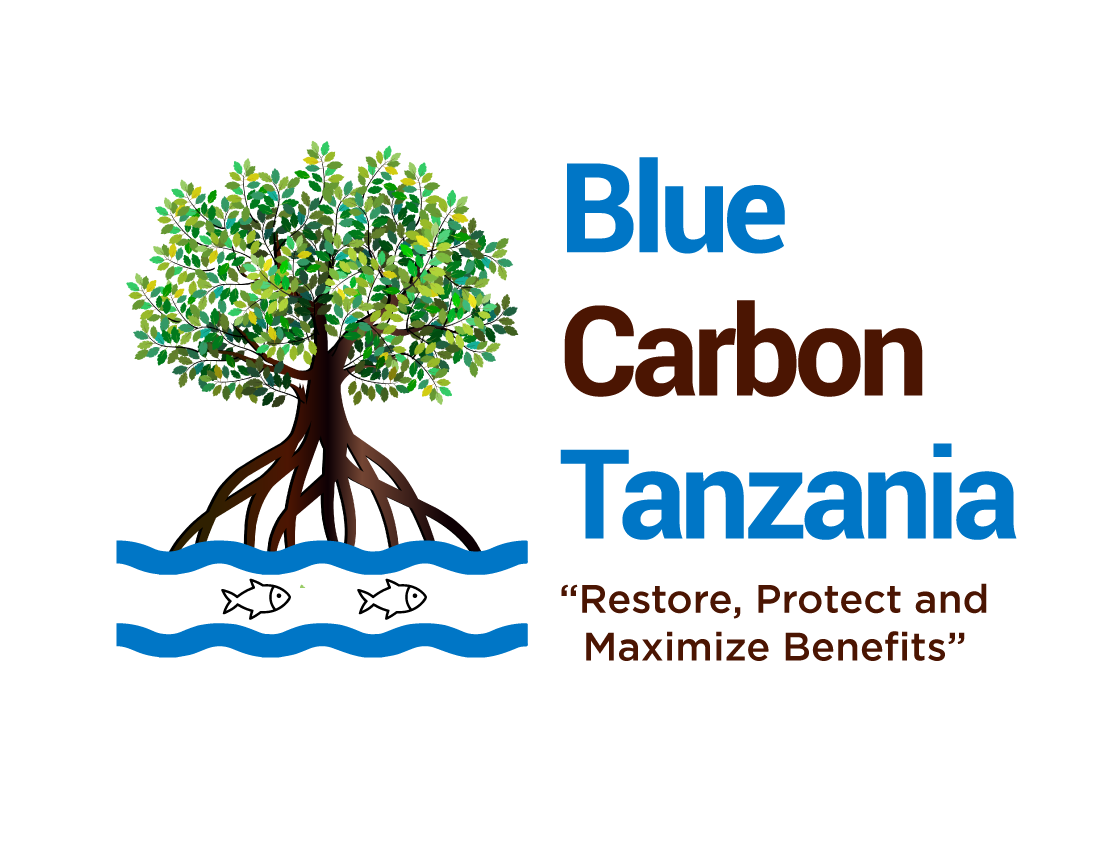Supporting Zanzibar’s Seaweed Farmers: A Collaborative Visit to Pongwe and Uroa with Blue Carbon Tanzania and Japan Delegates
Blue Carbon Tanzania embarked on a notable visit to Pongwe and Uroa in Zanzibar, focusing on coastal communities’ welfare and sustainable development. During the visit, we hosted delegates from Japan (Ms. Fumiko, Mr. Satoshi, Mr. Shota, Mr. Hideaki, and Mr. Nauki) to explore opportunities to enhance seaweed farming practices, foster community resilience, and explore potential innovations.
The Blue Carbon Tanzania team and Japanese delegates prepare to board local boats, heading to the seaweed farms in Uroa.
Our journey began in Zanzibar Town heading to Pongwe and later to Uroa. The visit opened with a warm welcome from Bi Khadija, a seaweed farmer leader in Pongwe, who shared the history of seaweed farming in the village. This practice, rooted in tradition since the 1990s, has been passed down through generations often taught by mothers to their daughters in a hands-on manner. During our discussions with two local seaweed farming groups, we gained insights into the challenges they face and the strategies they’ve adopted to sustain their livelihoods.
Pongwe warmly welcomes the Blue Carbon Tanzania team and Japanese delegates, sharing the history and cultural roots of seaweed farming in the village.
Zanzibar’s farmers mainly cultivate cottonii and spinosum sp., where spinosum sp is only cultivated at two visited villages. At the Pongwe site, the women demonstrated their techniques for setting up farms, harvesting, and drying the seaweed. Seasonal rains which can damage the seaweed both in the farm and harvested, are particularly challenging, but the women have ingeniously adapted by using tents to shield their crops during adverse weather. In the future, we look forward to support in setting up advanced drying facilities for a more efficient and smooth drying process.
Local seaweed farmers in Pongwe demonstrate their resourceful approach to protecting seaweed from rain using makeshift tents, they shield their crops from heavy rainfall, preserving the quality of the seaweed during challenging weather
A key discussion point involved the optimal growth periods for seaweed, typically between 30 and 60 days. The ropes and pegs holding the seaweed in place can become unstable with longer durations, which is why timely harvesting is essential. Our curiosity keened to understand this practice and the farmers shared how these harvesting intervals support sustainable yields.
Ms. Fumiko (second from left) engaging with local seaweed farmers, eager to understand the intricacies of seaweed growth cycles and harvesting techniques.
Our visitors were also introduced to the unique local knowledge of tides. Seaweed is ideally placed during the spring low tide, though our visit took place during the neap tide, so not all water left the fields. The delegates also got the opportunity to taste raw Zanzibar seaweed, which they enjoyed—a common dietary staple in Japan, though not widely consumed in Tanzania. Seaweed is rich in nutrients and has anti-cancer properties, making it a valuable, if underappreciated, health food in the region.
Visitors embracing fresh Zanzibar seaweed for the first time, enjoying local flavors and learning about its nutritional benefits.
Observing the farms, thousands of ropes support the livelihoods of over 10,000 people in Zanzibar’s seaweed sector, with women making up more than 80% of the workforce. Also explored sea urchins and rabbitfish, which coexist with the seaweed and contribute to the area’s ecological health.
A local fisherman carefully holds a sea urchin (On left), sharing insights into the diverse marine ecosystem that coexists with the seaweed farms (On right)
In bridging the language barriers, our Project Coordinator Agness Mhina (With a Light Blue T-shirt) provided translation support, ensuring clear and inclusive communication between the visitors and the local community. This visit sensitized collaboration and learning, showcasing how traditional knowledge and international partnership can pave the way for innovation and sustainable development in Zanzibar’s seaweed farming industry.
Blue Carbon Tanzania’s Project Coordinator facilitates a smooth exchange of ideas through translation.
The strength of these communities lies in their unity, often encapsulated by the spirit of “Ubuntu”—the belief that “I am because we are.” This collective spirit allows the women to work together seamlessly, from planting to processing, making the demanding task of farming much more manageable.
A group photo after cultural exchange, shared knowledge, and collaboration towards enhancing seaweed farming practices in Zanzibar.
Stay tuned as we work alongside these resilient farmers to help foster a brighter future for coastal communities in Zanzibar.
